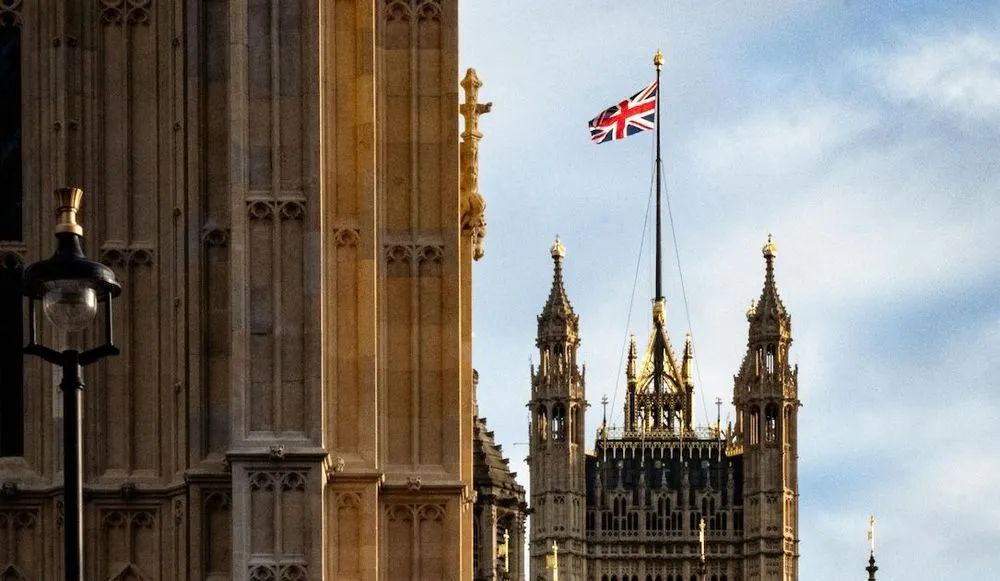British intelligence facing ‘oversight crisis’ from government interference
Interference from the British government into the ostensibly independent work of Parliament’s Intelligence and Security Committee (ISC) is causing an “oversight crisis,” the committee’s chair warned in a rare public letter published Thursday.
In the press notice from the ISC — a parliamentary body that has statutory powers to hold the agencies of the British intelligence community to account — committee chair Lord Beamish accused the government of having “comprehensively dismantled” safeguards around its independence.
“The root of the problem lies in the control exerted over the Committee’s staff and resourcing by the Cabinet Office — despite the Committee overseeing substantive parts of the Cabinet Office. That, self-evidently, should not be the case. An oversight body should not sit within, and be beholden to, an organisation which it oversees,” wrote Lord Beamish.
The committee’s chair also complained that while the funding of Britain’s intelligence agencies had increased by around £3 billion ($4 billion) since 2013, there has been no proportionate increase in funding for its own oversight office.
“If the Committee does not receive an increase in resourcing then it will not be able to keep its doors open,” warned Lord Beamish, noting that while an emergency uplift in funding had been agreed prior to last year’s election, it was never implemented.
The complaint was described as “an extraordinary and unusual statement” by Andrew Defty, a professor at the University of Lincoln who focuses on the intelligence services. Defty added that the complaints about Cabinet Office interference were “dynamite” and that it was not the first time that the Committee’s chair has raised such concerns.
Paul Scott, a professor of constitutional and national security law at the University of Glasgow, said the notice was “a significant intervention” and added “the emphasis being put on the ISC's reliance on the Cabinet Office for staffing is striking, as is the willingness to use the language of ‘interference’.”
Recorded Future News has heard criticisms of the ISC from officials within the British government and intelligence community, who have at times complained about the committee’s remit to oversee operational matters.
Its annual reports have also faced criticisms for focusing on issues that seem insubstantial and disconnected from the most pressing concerns — such as its complaints about the head of the Secret Intelligence Service (MI6) having a Twitter account.
Others have bemoaned that its reports have contributed little to no new information to ongoing discussions about the subjects of its inquiries, including recently the threat posed by Russia and China, and often fail to include analysis already in the public domain.
Dan Lomas, an assistant professor at the University of Nottingham, said the committee has not been seen to be particularly proactive and compared unfavorably, in terms of how many reports it published, with other parliamentary committees touching on national security issues, although he stressed that he had found its reports to be valuable and believed they had positively shaped the government’s approach to several issues.
“The intelligence agencies have got an increasing public spotlight. When it comes to the ISC, it works in a crowded market. It doesn’t have cut-through. It’s struggling to find a voice on certain issues. It’s not just about the resourcing dimension, which I do get, but I think the Committee needs to look at itself,” added Lomas.
Responding to the letter, a government spokesperson said: “National security is a foundation of our Plan for Change. The UK's intelligence agencies do vital work keeping the country safe and are rightly respected around the world for their professionalism and expertise.
“We continue to engage constructively with the Intelligence and Security Committee through official level meetings and the Prime Minister has also written to the Committee’s chair. We thank all committee members for the important scrutiny they provide and look forward to continuing our engagement with them.”
Alexander Martin
is the UK Editor for Recorded Future News. He was previously a technology reporter for Sky News and a fellow at the European Cyber Conflict Research Initiative, now Virtual Routes. He can be reached securely using Signal on: AlexanderMartin.79



